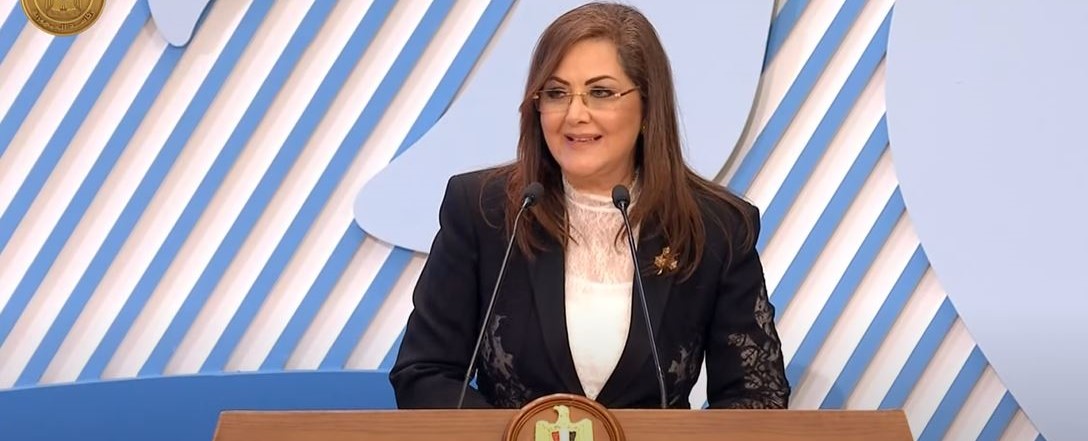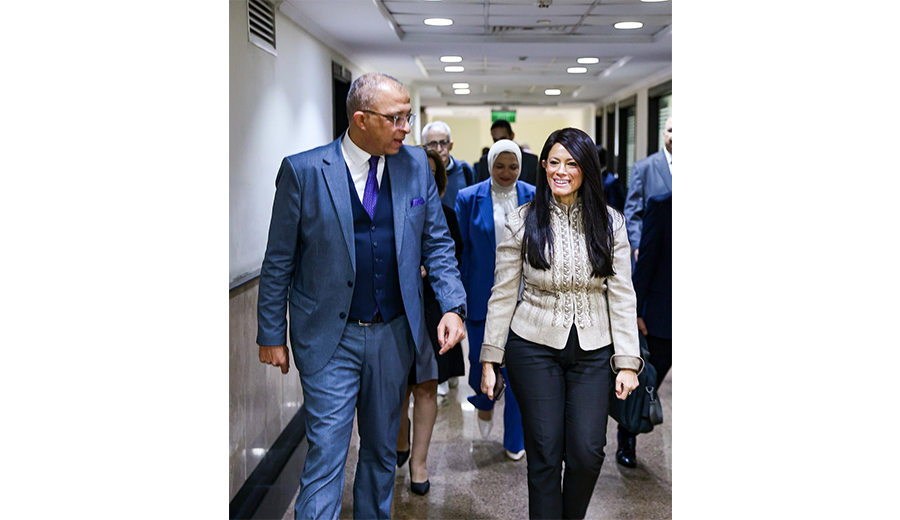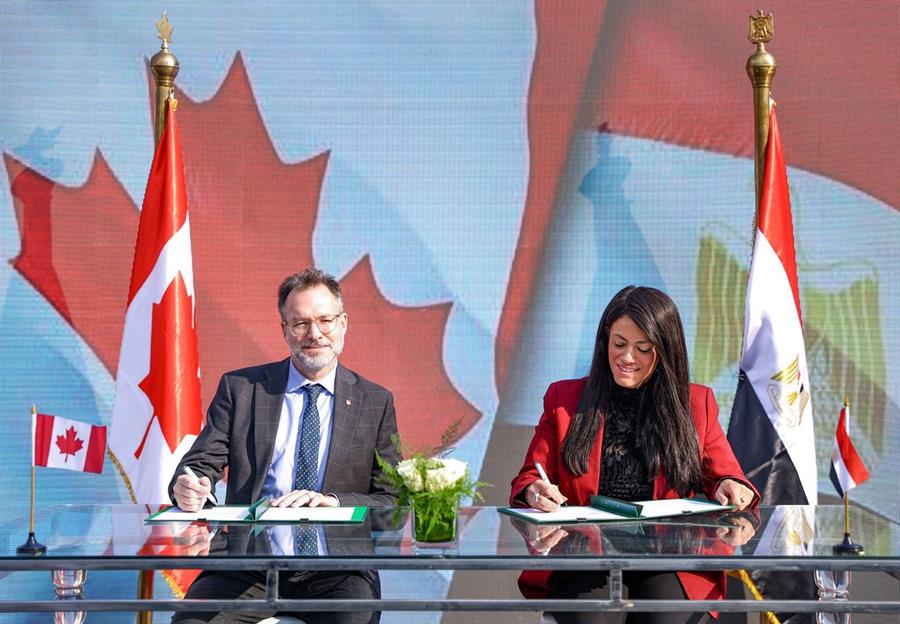The Ministry of Planning and Economic Development reviews the results of the PMI report for February 2022

04 March 2022
The Ministry of Planning and Economic Development reviewed the results of the Purchasing Managers Index (PMI) for February 2022, which is a monthly economic indicator that is calculated from surveys of private sector companies that do not operate in the oil sector.
The index reflects the performance of 400 non-oil-producing private sector companies, including the industrial, construction, services, retail and wholesale sectors.
Dr. Hala El-Said, Minister of Planning and Economic Development, said that the Purchasing Managers' Index is one of the important economic measures, as companies, investors, and financial institutions rely on it to identify the degree of activity of the economy in general and the private sector (non-oil producing) in particular.
El-Said indicated that the Purchasing Managers' Index increased during February 2022 compared to the previous month, recording 48.1 points, compared to 47.9 points last January.
El-Said pointed to signs of a slowdown in the inflation rate of production inputs, following the sudden rise in materials prices in recent months. The data of the sub-indices also showed that the employment index was almost equal in February as it was in January, reaching 49.2.
In terms of the internal economic situation, Dr. Hala El-Said indicated that the indicators of financial and economic performance during the first half of the current fiscal year were good, as the Egyptian economy achieved a growth rate of 8.3% during the second quarter of the current fiscal year, compared to a growth rate of 2% during The second quarter of last year.
The growth rate during the first half of the current fiscal year reached 9%.The Minister of Planning and Economic Development referred to international expectations of economic growth rates; In its latest report issued in February 2022, Moody's expected a real growth of the Egyptian economy by 5.5% for the fiscal year 22/2023.
The Economics and Business Research Center also predicted that Egypt would rank 33rd out of 191 countries in 2022, with a GDP of 4.34 trillion pounds.
The report predicted that Egypt would rise to 32nd place in 2026 and that the annual rate of GDP growth would accelerate to 5.4% on average between 2022 and 2026.
The report of the Ministry of Planning and Economic Development indicated that the growth rate is expected to reach between 6.2% to 6.5% by the end of this year, to be among the highest growth rates that were expected, as it exceeded the expectations of international institutions for growth rates during this year.
The report indicated that all Egyptian economic sectors witnessed positive growth rates, with the tourism sector registering a growth of 63%, and the telecommunications sector by 16.7%.
The growth rate of the agricultural sector for the first time broke the 5% barrier in terms of semi-annual growth rates.
The tourism sector achieved 5% during the first half of the current fiscal year, telecommunications 16.5%, and the manufacturing industry 15.5%.









